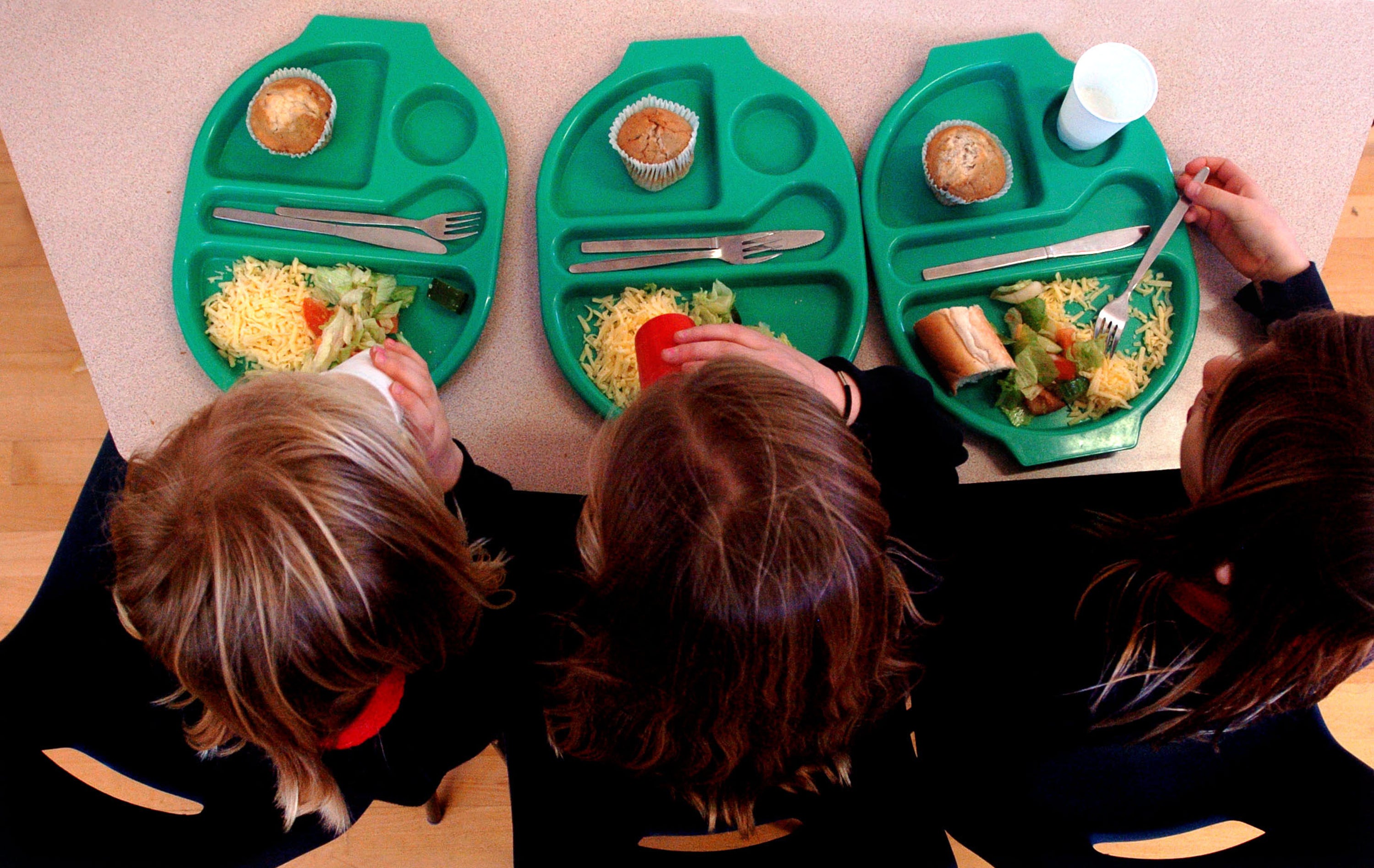The research, published in the Journal of Child Psychology and Psychiatry and funded by the UK health charity MQ Mental Health Research, was led by scientists from University College London (UCL), King’s College London and the University of Leeds.
Environmental factors shared between twins - such as the types of foods that are eaten at home - were found to be significant only in toddlerhood, while environmental factors unique to each twin - such as individual personal experiences - became more influential in later years.
Fussy eating is 'all down to genes', new research claims Fussy eating is all in the genes, a new study suggests.
Lead author Dr Zeynep Nas, of UCL, said: “Food fussiness is common among children and can be a major source of anxiety for parents and caregivers, who often blame themselves for this behaviour or are blamed by others.
The team concluded that genetic differences in the population accounted for 60% of the variation in food fussiness at 16 months, rising to 74% and over between the ages of three and 13.






















